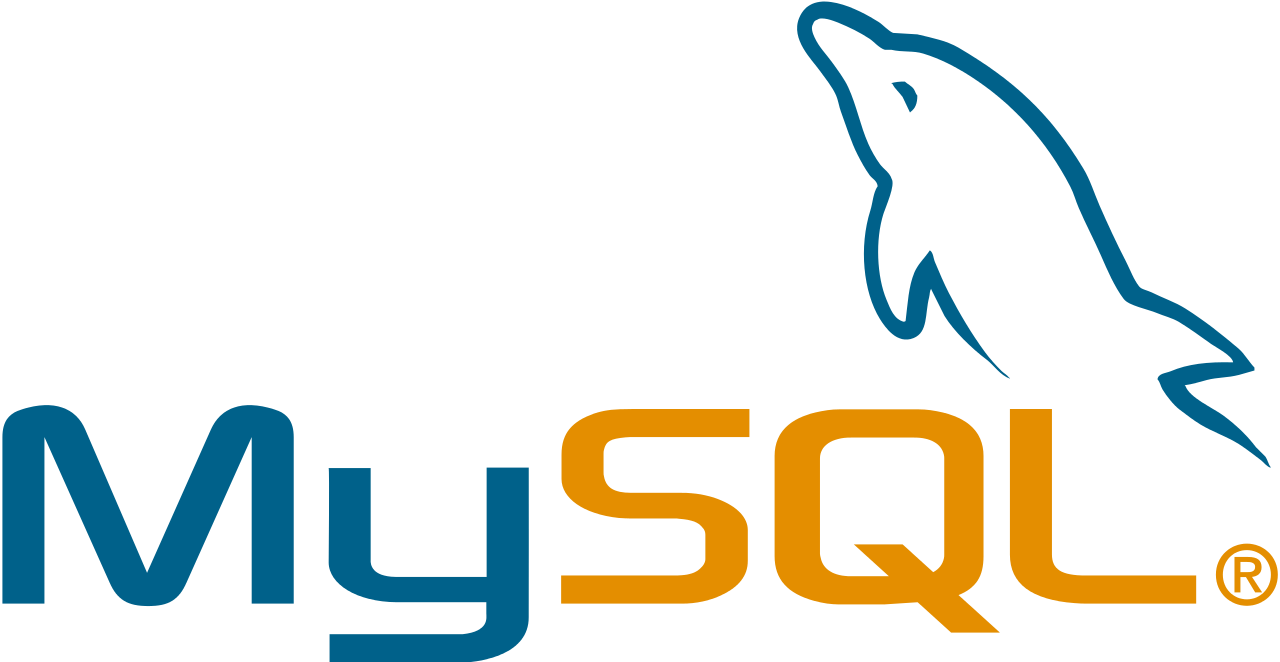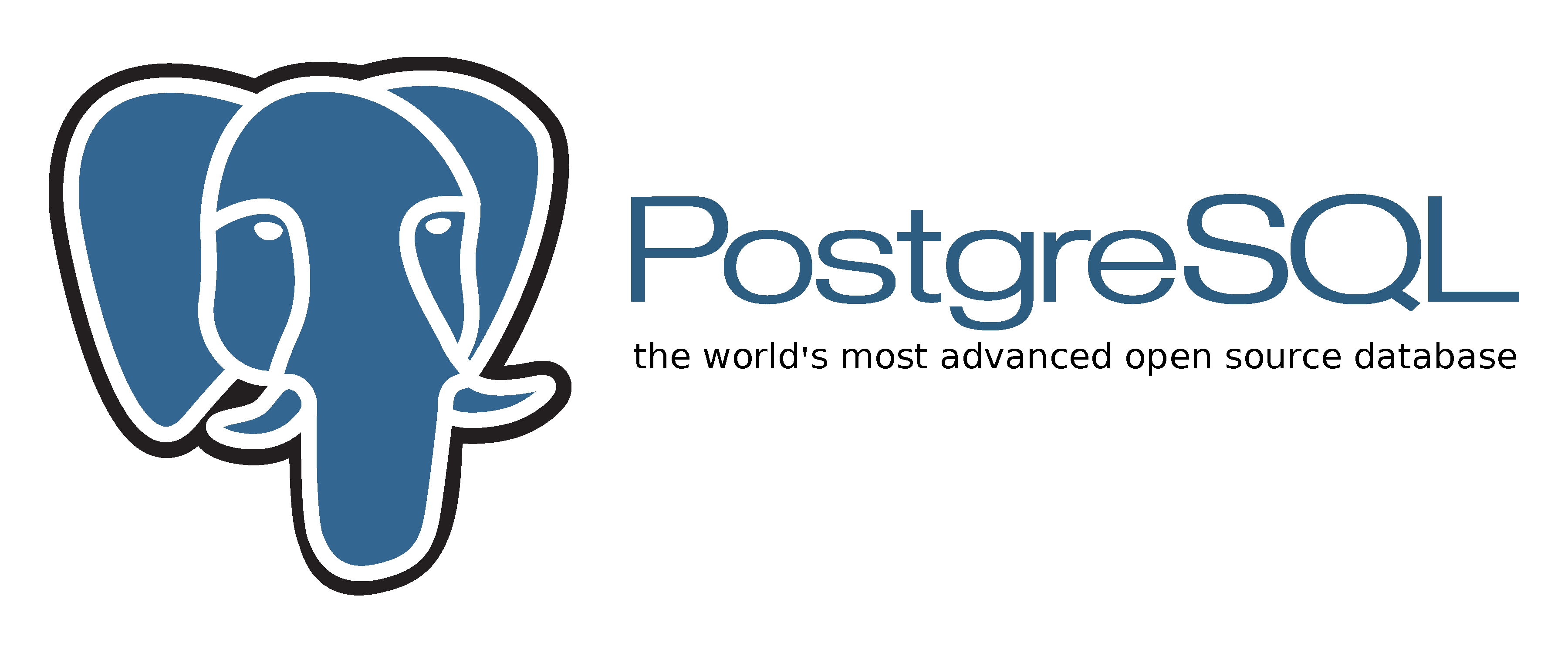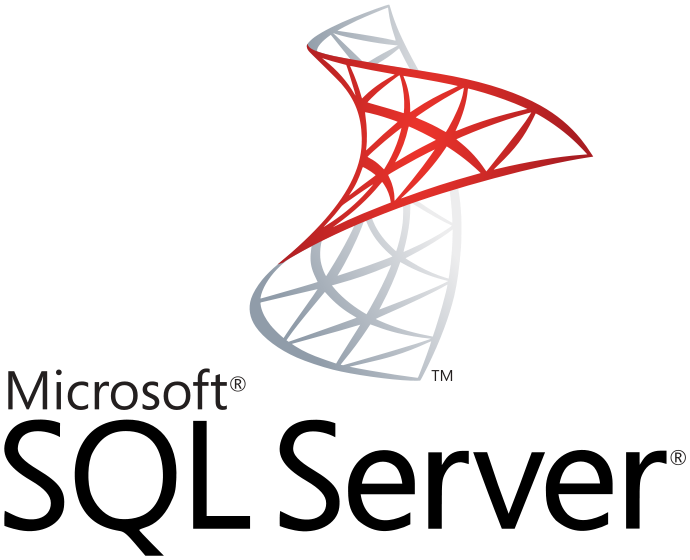A crucial question system designers must ponder is how they want to store their data. There are a variety of mechanisms that each arose out of a need and often focus on different aspects of data storage and retrieval. No database engine should ever be favored exclusively as all of the major database engines have commanded their market share for their unique strengths.
A common misconception is that a single database engine must be selected and used for the extent of the project. Nothing could be further from the truth. Most of the major online websites use a variety of different data storage solutions, each tailored for certain types of tasks.
There are a few important aspects that must be considered when reviewing a database engine:
- Data Write Speed: How quickly can new data be added to your tables or collections? Does this degrade with massive amounts of data
- Data Accessibility: How quickly can data be retrieved from the engine? Is the data highly relational? Are computations and aggregations needed for complex querying and data analytics?
- Performance: How well does the engine vertically scale with added RAM? Does the engine support multi server clustering for horizontal scaling?
- Price: Does the project warrant a premium database solutions or can it be adequately addressed with open source solutions?
Server Scripting
Relational databases have prevailed as the industry standard for decades. Robust, powerful engines such as MySQL and PostgreSQL are available in the open source. Microsoft SQL is a propriety option from Microsoft with incredible query speeds and scalability.
Object Storage
The recent trend in database development has been a replacement of relational databases opting for Document(aka Object) based representations of data. This offers much more flexibility and system dynamism to database storage and is very well suited for a certain class of web applications and systems.
MongoDBOpen Source & OS Neutral
With the exception of SQL Server, all of the available databases can be used on either our Linux or Windows hosting plans
Hosting SolutionsLeverage Our Experience
We use all the latest technologies and can assist your business in making the right database design decisions. We make the process easy and painless for the client and even host the server for you!
Free Expert Consultations
We're passionate about technology and we love discussing new challenges and ideas. Schedule a free expert consultation by one of our team members:




